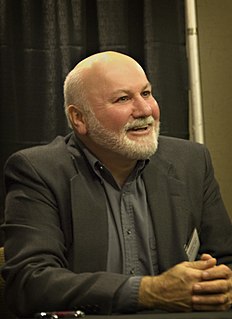A Quote by Megan Abbott
I wrote my graduate thesis at New York University on hard-boiled fiction from the 1930s and 1940s, so, for about two years, I read nothing but Raymond Chandler, Dashiell Hammett, James Cain and Chester Himes. I developed such a love for this kind of writing.
Related Quotes
I definitely have an affection for detective fiction, and when I first read Dashiell Hammett's 'The Maltese Falcon,' that book and its author made an enormous impression on me as a reader and a writer, and led me to other hard-boiled American writers like Raymond Chandler and Ross McDonald, among many.
While I was writing poems, I would often divert myself by reading detective novels, I liked them. And there was a period when I read many of them. I absorbed the form, and I liked it, it was a good one, mostly the hard-boiled school, you know, Chandler, Hammett, and their heirs. That was the direction that interested me most.
Steve Forman is a brutally funny writer. His no-nonsense, unadorned style begs comparison to Dashiell Hammett, but Hammett's humor at its darkest never hit home this hard. Reading of Eddie Perlmutter's exploits is like rolling in an aisle paved with broken glass and wanting to do it all over again two minutes later.
































